This page is designed to help people find out about the National Redress Scheme and how to apply for redress. We understand that this topic may cause distress, and information is included on this page about how to access support.
Civil Litigation is an alternative option for survivors of abuse to seek redress. If you need immediate support, 24-hour telephone assistance is available through:
- Yarning SafeNStrong 1800 95 95 63
- Beyond Blue 1300 224 636
- Lifeline 13 11 14
What is the National Redress Scheme?
The National Redress Scheme provides support to people who experienced institutional child sexual abuse before 1 July 2018. Redress means remedy or compensation for a wrong or grievance.
The National Redress Scheme has been created in response to recommendations by the Royal Commission into Institutional Responses to Child Sexual Abuse. The Royal Commission listened to thousands of people about the abuse they experienced as children. The abuse took place in orphanages, Children’s Homes, schools, churches and other religious organisations, sports clubs, hospitals, foster care and other institutions.
The Scheme:
- Acknowledges that many children were sexually abused in Australian institutions
- Holds institutions accountable for this abuse, and
- Helps people who have experienced institutional child sexual abuse gain access to counselling, a direct personal response, and/or a redress payment.
You can choose to apply if you:
You can access and apply to the National Redress Scheme by visiting www.nationalredress.gov.au or calling 1800 737 377.
VACCA's Policy on the National Redress Scheme
We believe that all children have a right to feel and be safe and to live in an environment that is free from abuse, neglect and violence. We also believe that any abuse suffered by children while in the care of VACCA is totally unacceptable.
We acknowledge the harm done to people who have experienced institutional child sexual abuse. We define child sexual abuse and institutional child sexual abuse, as follows:
- Child sexual abuse - Child sexual abuse is when someone involves a child in sexual activities that the child does not understand, or that are against community standards.
- Institutional child sexual abuse - The child sexual abuse occurred whilst the child was in a care situation being managed by an institution or an official of an institution. Examples include out of home care, foster care and/or residential care; the activities of an institution, such as a camp and/or officials such as a teacher or sports coach.
This definition has an explanation which is more detailed. If you’re unsure about whether what happened to you was child sexual abuse, please contact VACCA by email or phone (see below for contact details).
We support the establishment of the National Redress Scheme and its work to provide redress to survivors. In December 2020, VACCA joined the National Redress Scheme as a participating institution to ensure that any person who may have suffered any form of sexual abuse while in our care can seek redress through a fair, transparent and independent process.
Redress can include financial payment, access to counselling and if sought, an apology for people who suffered institutional child sexual abuse. An apology is referred to as a direct personal response. VACCA will make every effort to ensure a meaningful direct personal response. Our communication with survivors is trauma-informed and centred on support for the survivor.
A survivor who decides they want a direct personal response may choose to receive a response from the following people: VACCA’s Chairperson or VACCA’s Chief Executive Officer (CEO).
VACCA’s Board has committed to provide a culturally safe trauma informed direct personal response. VACCA will work with survivors to ensure processes are in place to prevent future abuse.
Who to contact regarding the Redress Scheme at VACCA:
Policy Manager, Office of the CEO
Email: nrssupport@vacca.org
How to access support as you apply for redress
Revisiting the events of the past may be distressing for survivors and we encourage you to seek help and support with your application. The following services are able to provide support:


